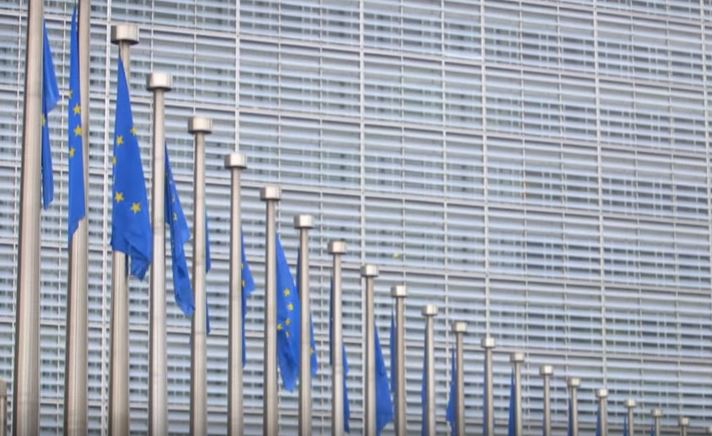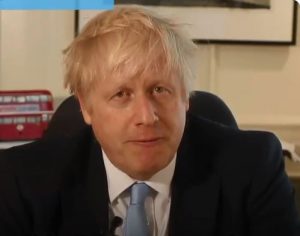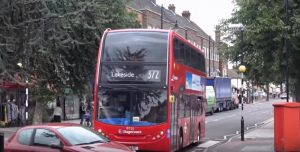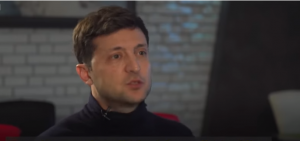
The Guardian / UK: Four central European countries are prepared to veto any Brexit deal agreed between the UK and the European Union that restricts their citizens’ rights to live and work in Britain, the prime minister of Slovakia has said.
In a stark reminder of the challenge Britain faces at the negotiating table, Robert Fico said Hungary, Poland, the Czech Republic and Slovakia – known as the Visegrad, or V4, group – would not hesitate to block any future trade accord that threatened the key EU principle of free movement of workers.
“The V4 countries will be uncompromising,” Fico said on Saturday, a day after EU leaders met informally in Bratislava, without Britain, to try to chart a roadmap for the bloc’s future after the shock of the Brexit vote.
“Unless we feel a guarantee that these people [living and working in Britain] are equal, we will veto any agreement between the EU and Britain,” Fico told Reuters. “I think Britain knows this is an issue for us where there’s no room for compromise.”
London has not yet revealed what kind of trade agreement it wants with the European Union, but has said its priority is to control EU immigration while maximising opportunities for trade.
The European commission and parliament, in addition to the 27 remaining member states who must all ratify a future Brexit trade deal, have repeatedly made clear that enhanced access to the single market will not be on offer unless Britain accepts free movement.
Brexit was not formally discussed at Friday’s meeting, but the commission’s president, Jean-Claude Juncker, reiterated the bloc’s stance at a press conference, saying he could not see “any possibility of compromising” on the question.
Fico also stressed after the summit that he and other central European governments would not allow their nationals to become “second-class citizens”.
He said on Saturday that fierce Visegrad opposition to mandatory quotas for refugees had persuaded the EU to shift its approach to the migrant crisis. The bloc will now pursue a new principle of “flexible solidarity”, he said, although it is not yet clear what that might mean in practice.
Fico said the V4 countries would show the same determination in defending their common interest in protecting their citizens’ rights to work in Britain, reiterating that there could be no “cherry-picking” in upcoming Brexit negotiations and that EU freedoms must be respected.
Britain has said it will not start the formal two-year talks to leave the EU this year because it needs time to consider its position, but could do so next year. In principle the article 50 exit deal, which the EU will approve by qualified majority voting, must be concluded before the new trade deal – which will require unanimity – can be addressed.
On Friday the European council president, Donald Tusk, said in Bratislava that he believed following a meeting with the prime minister, Theresa May, that article 50 would probably be invoked in January or February 2017.
However, a Downing Street source said on Saturday that the prime minister did not specifically mention January or February at the meeting and that Tusk’s comments were an “interpretation” of their conversation.
Fico said the Visegrad group would continue to adopt and defend common positions, which he described as being sometimes more “pragmatic” than other EU nations owing to the four states’ history since the second world war and the collapse of the communist bloc.
He said he wanted migration issues to be more clearly addressed in the bloc’s future roadmap, but was happy that border security was more of a priority and that discussion was now underway on flexible solidarity to allow countries to offer what they feel they can to help resolve the migrant crisis.




